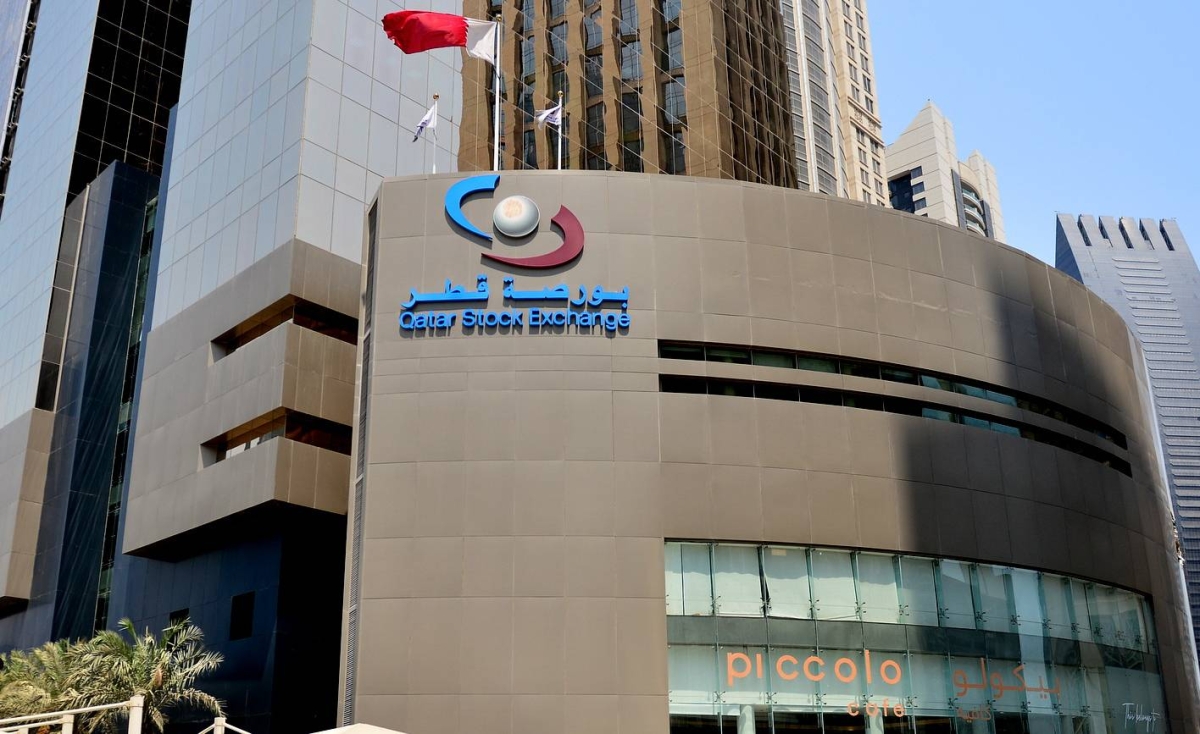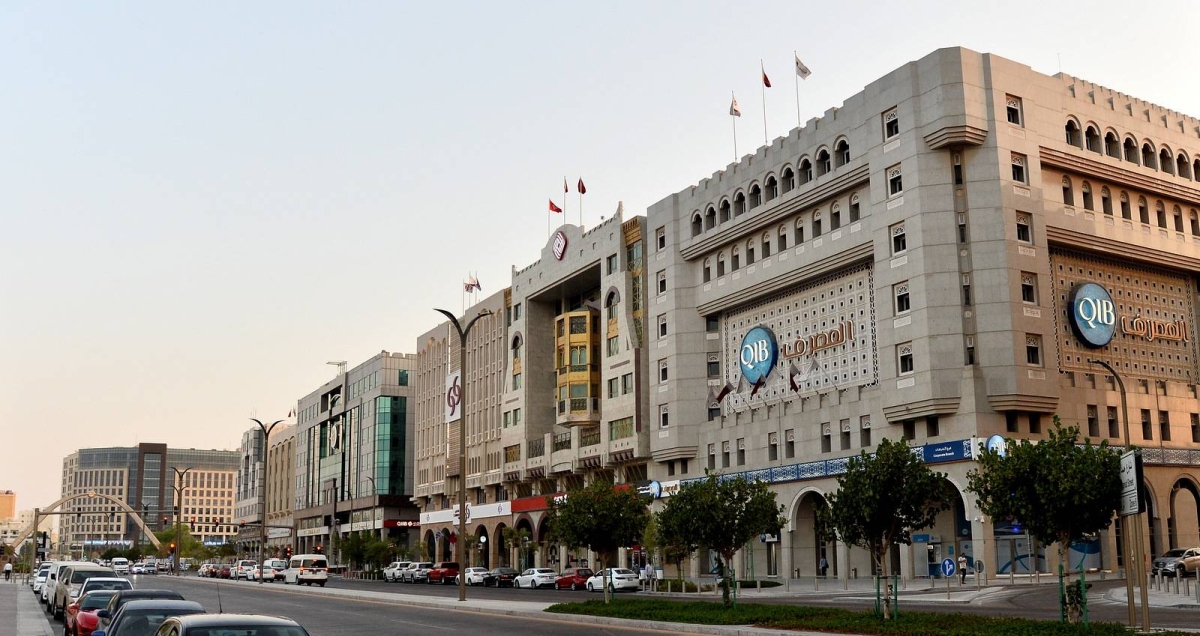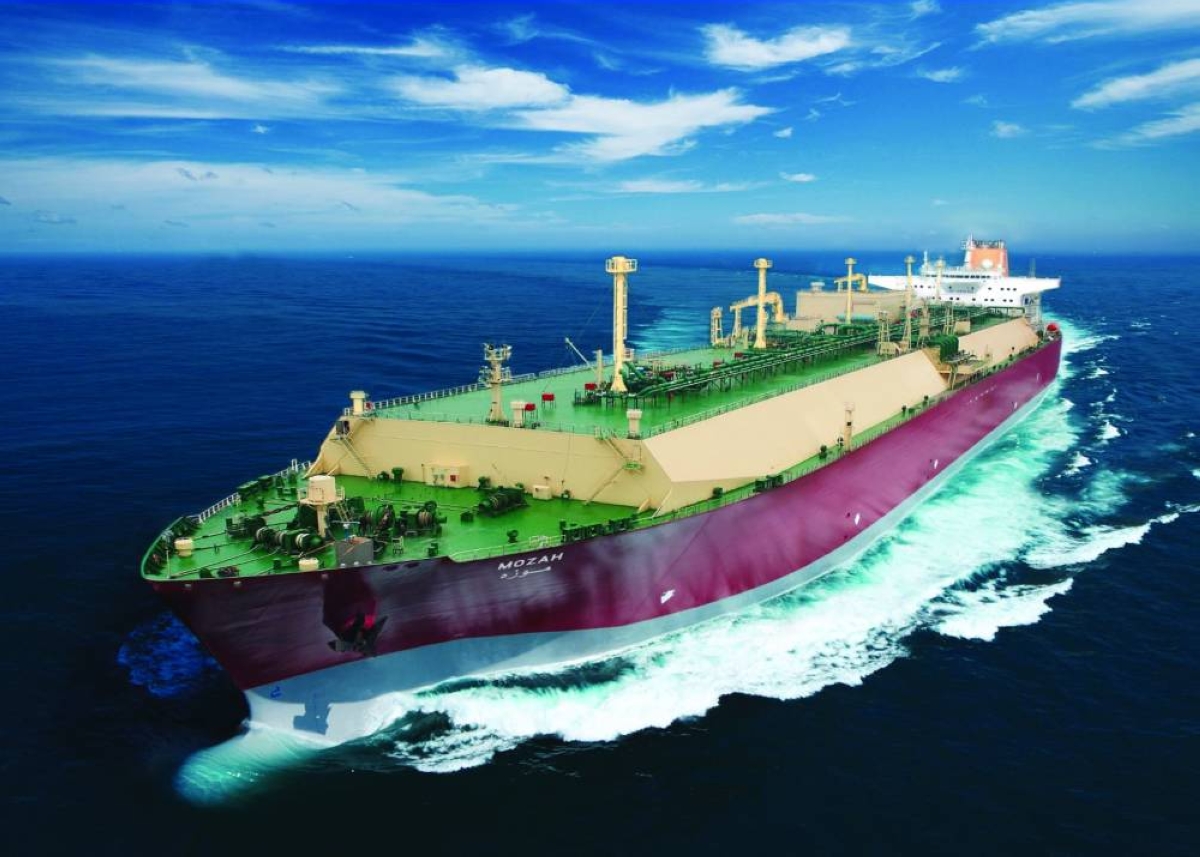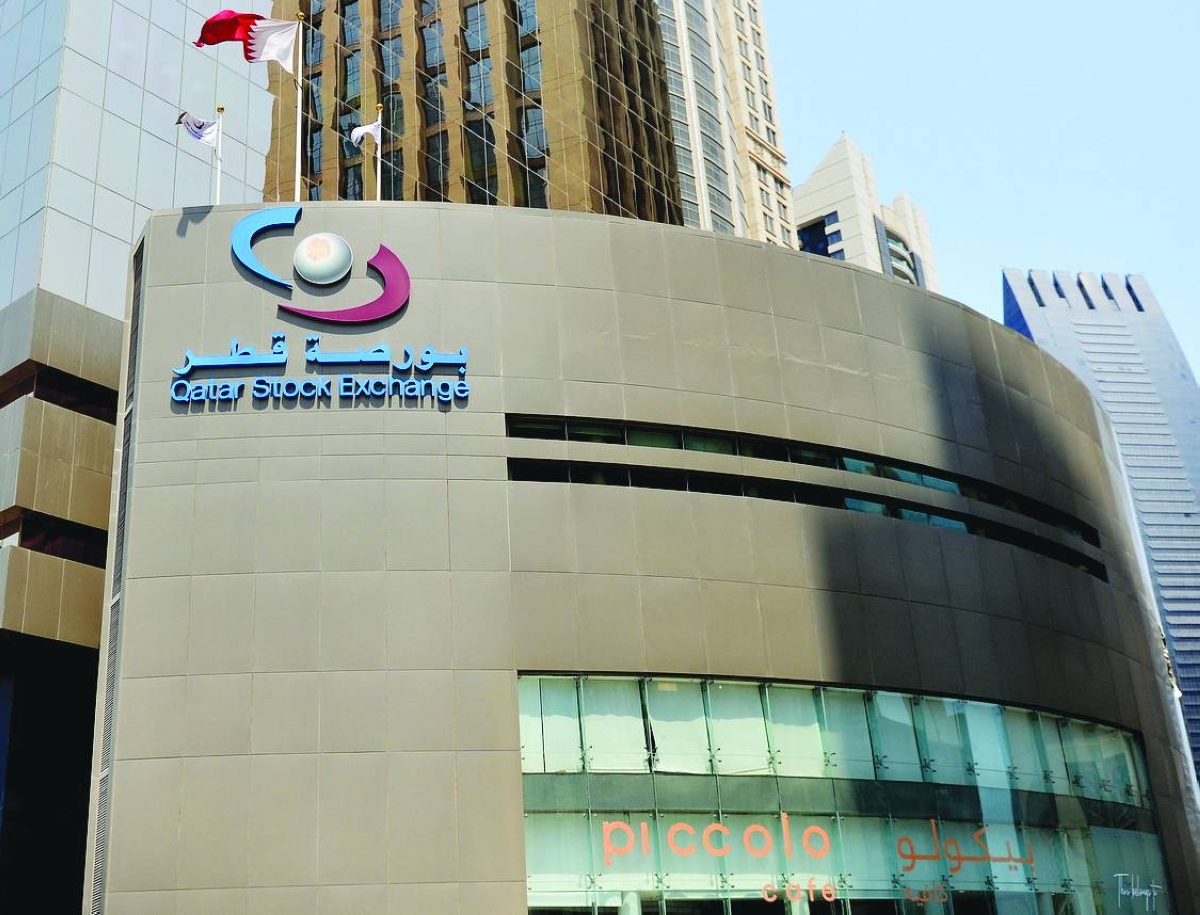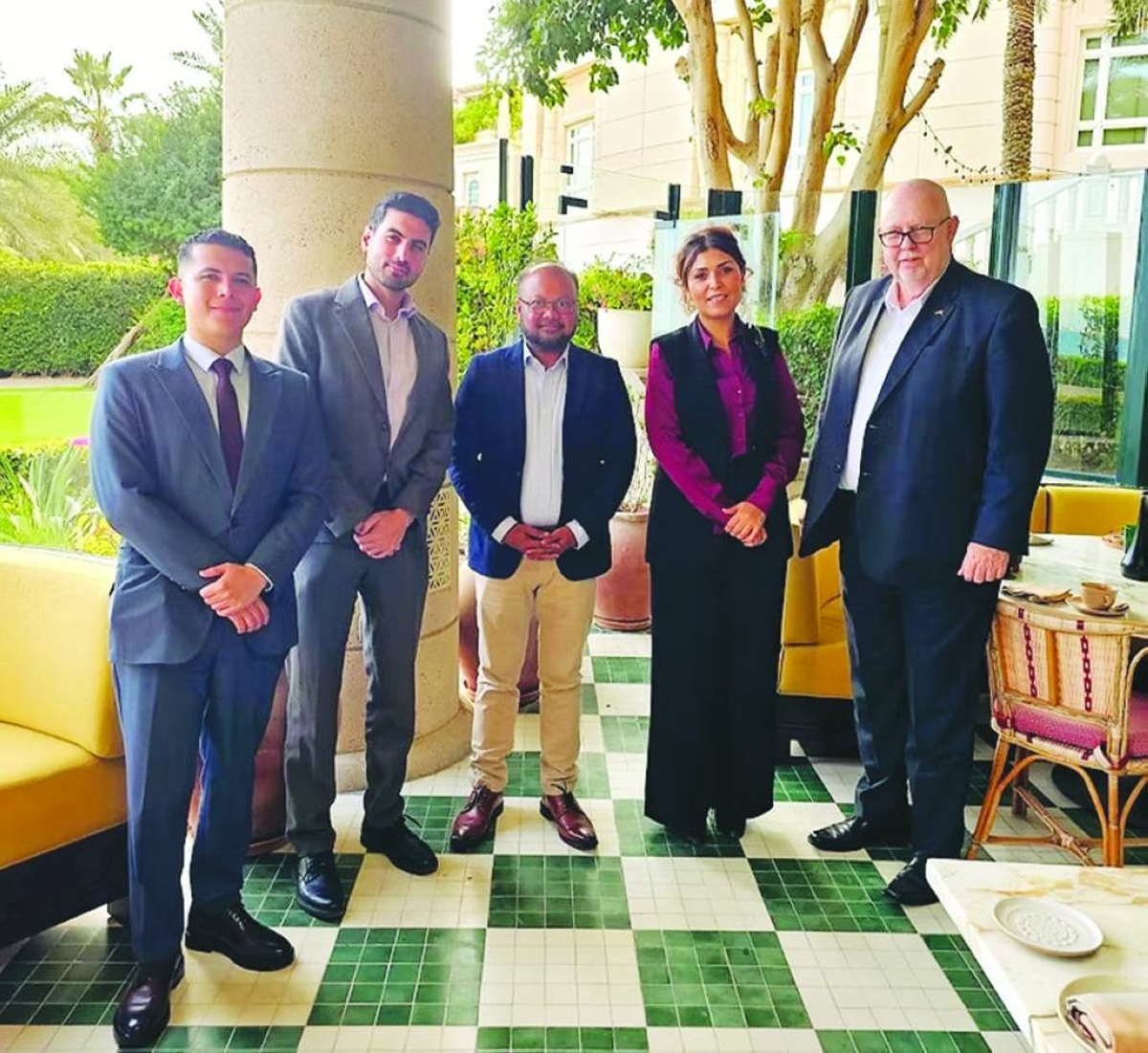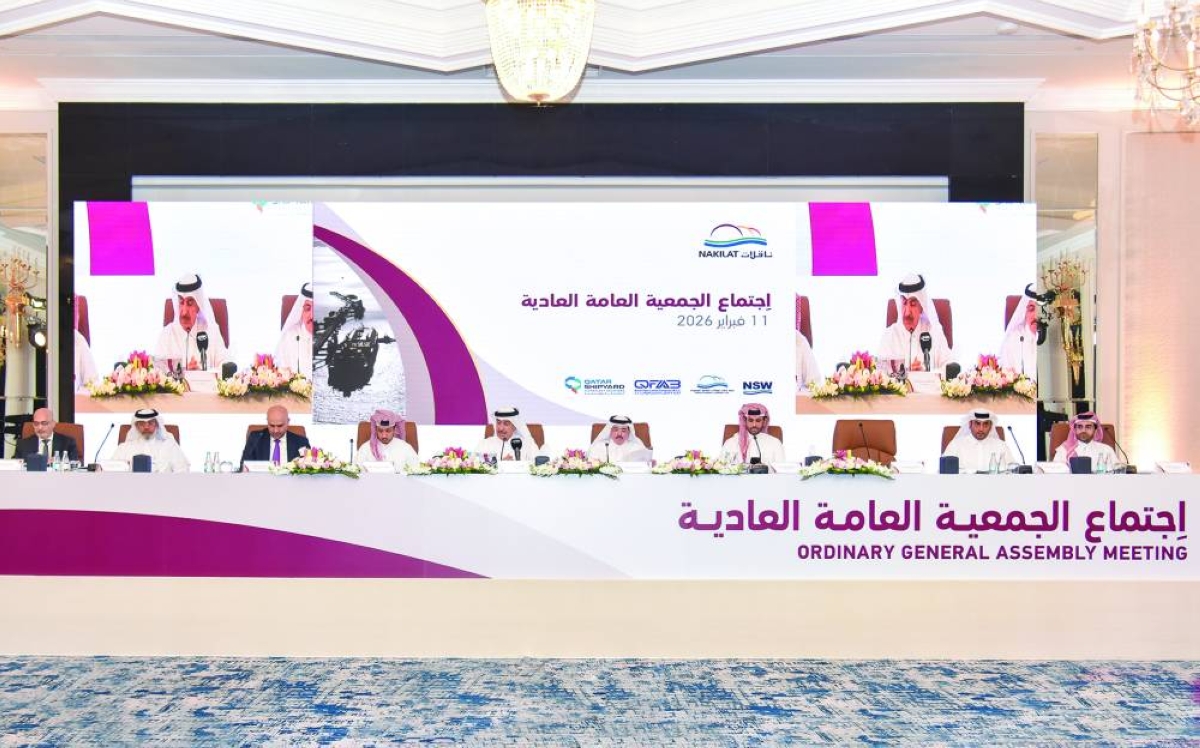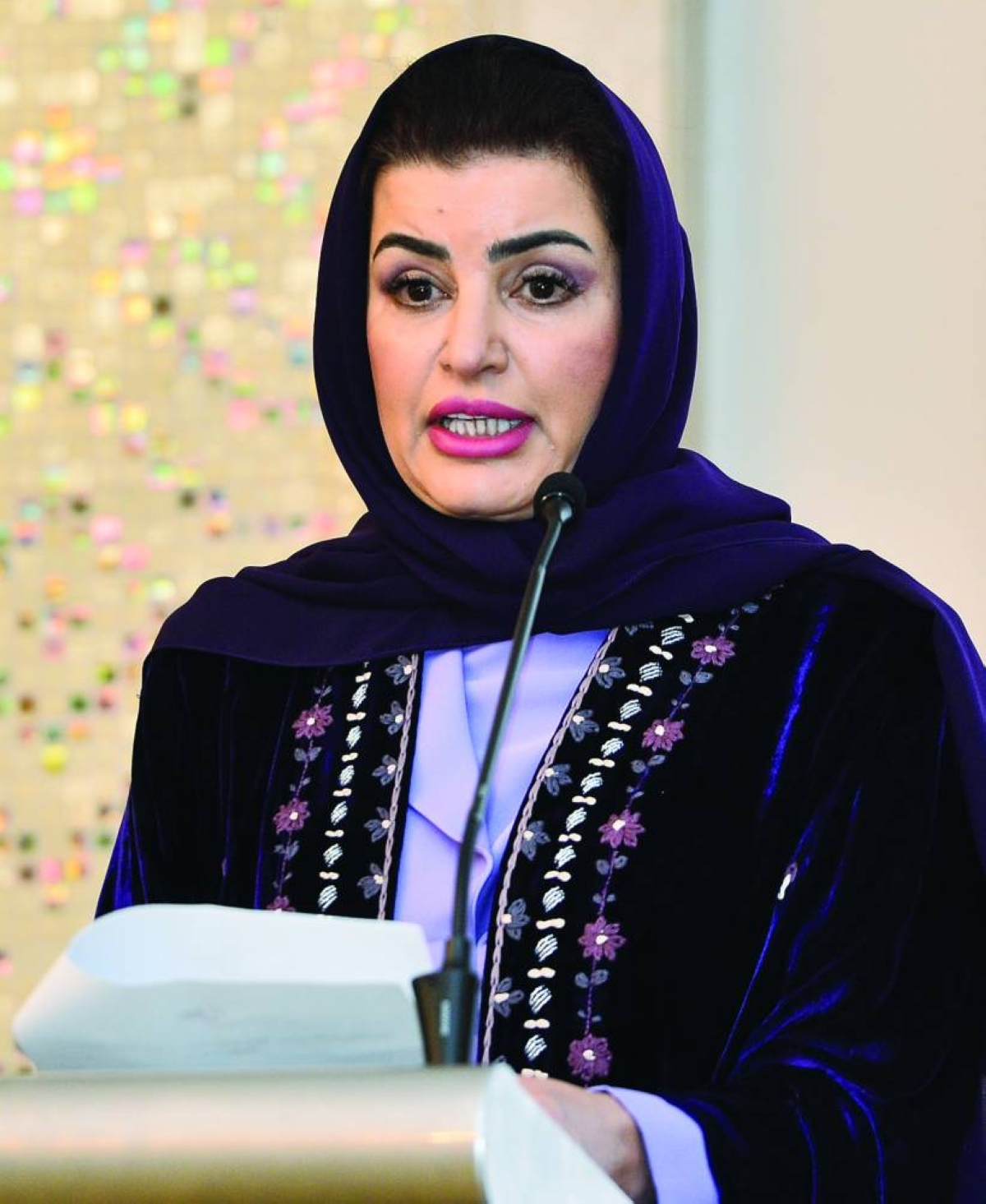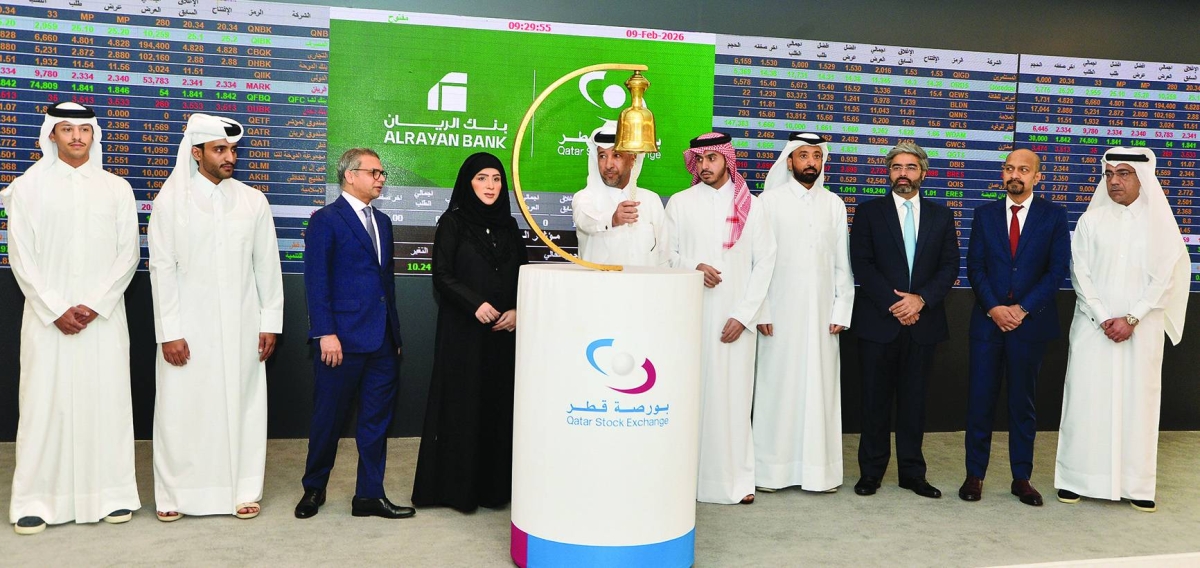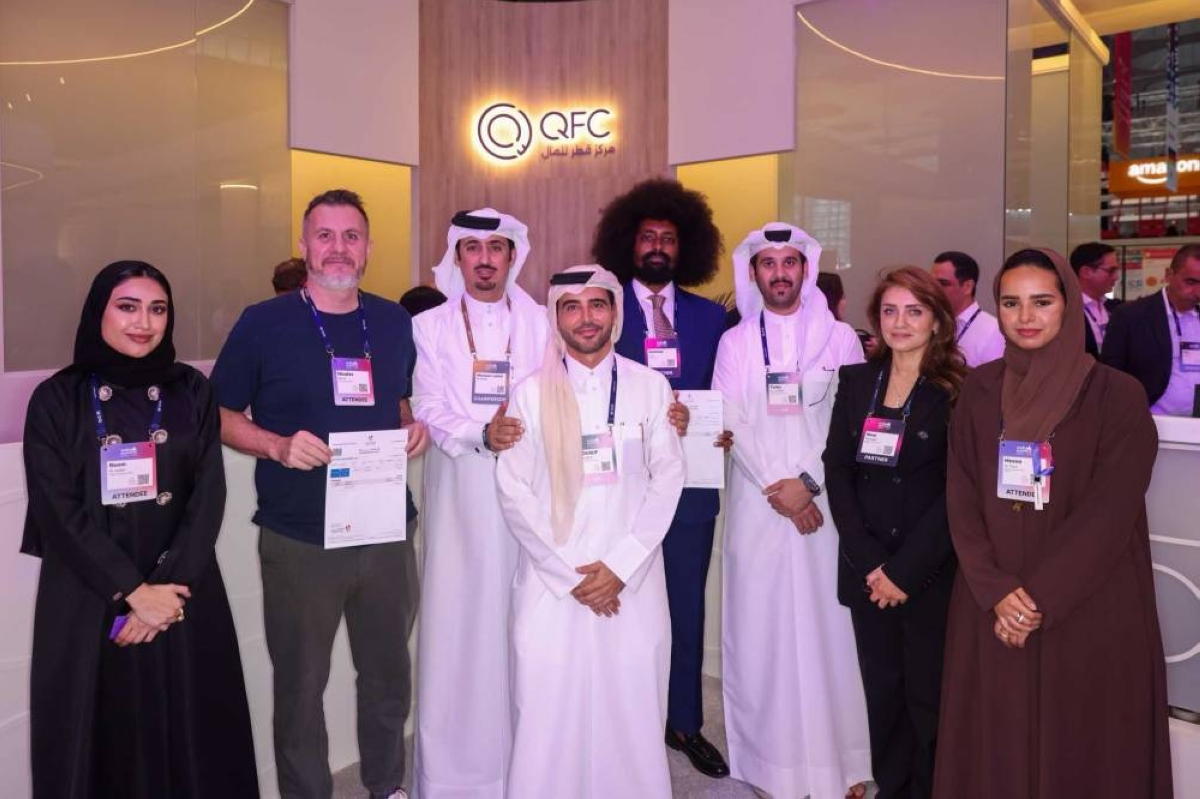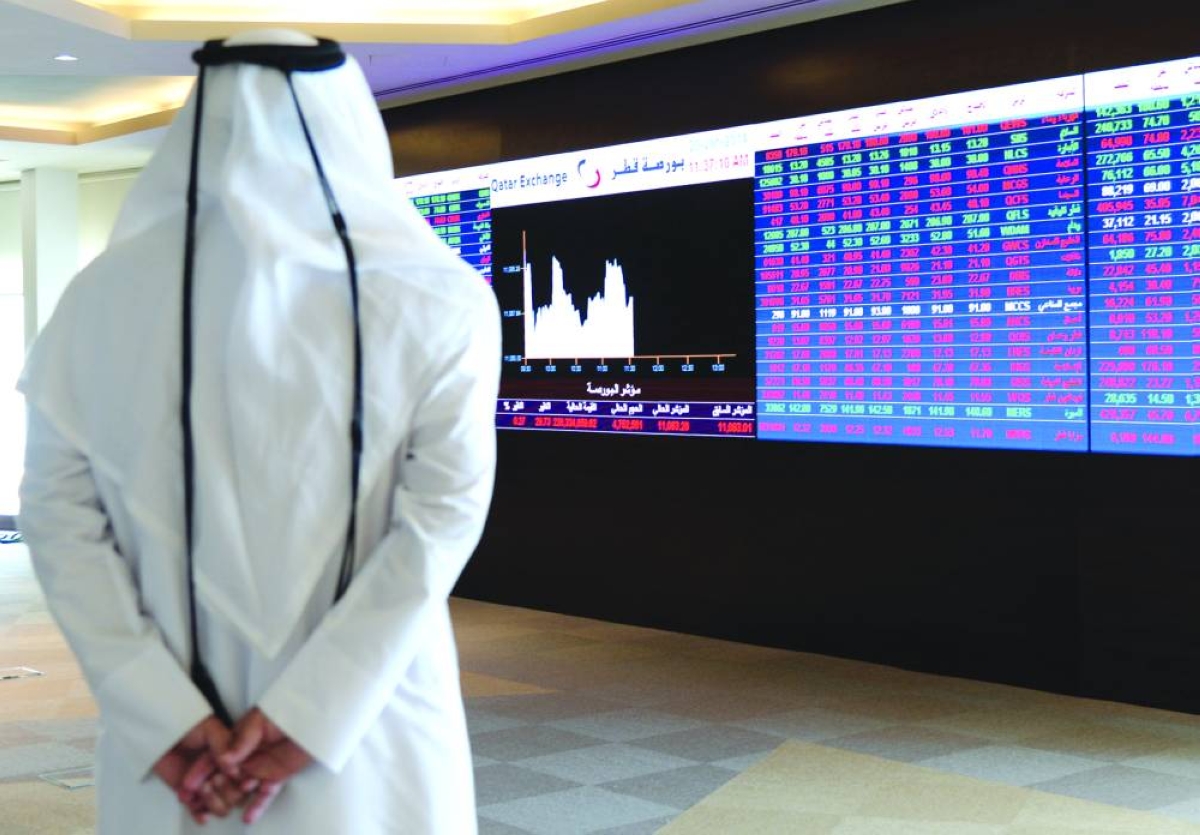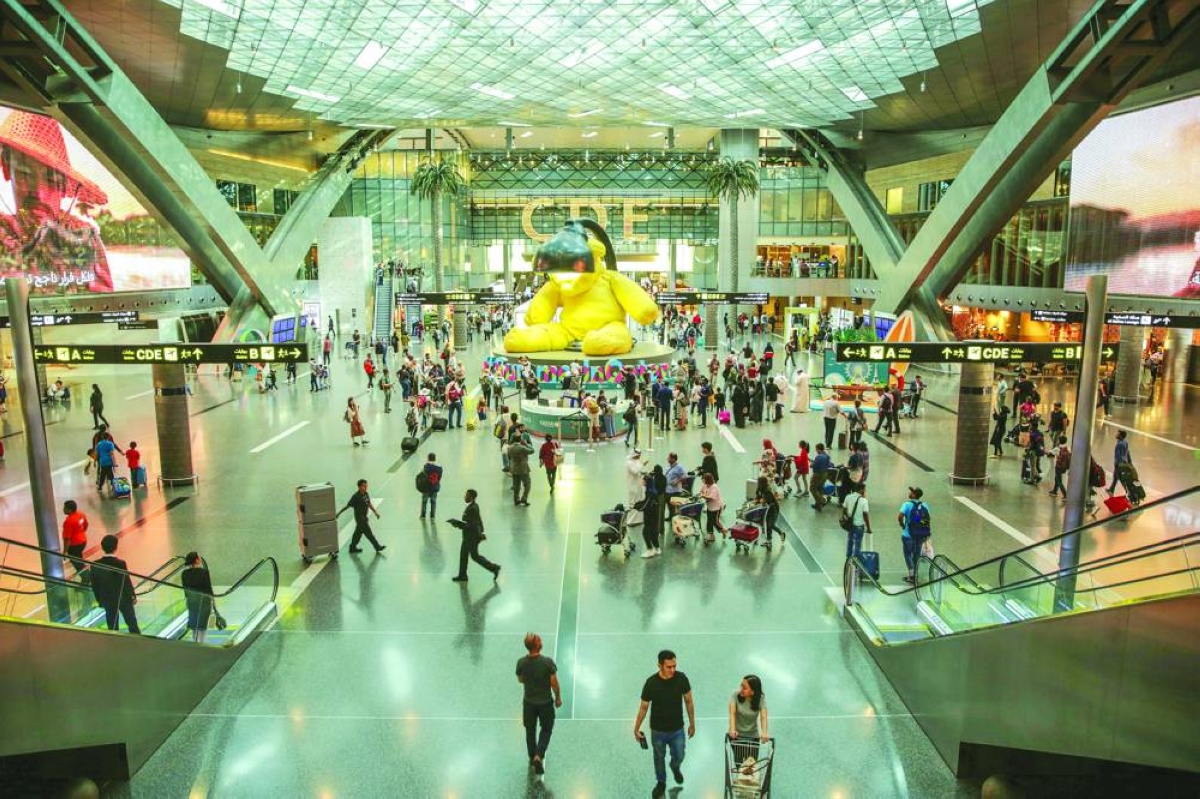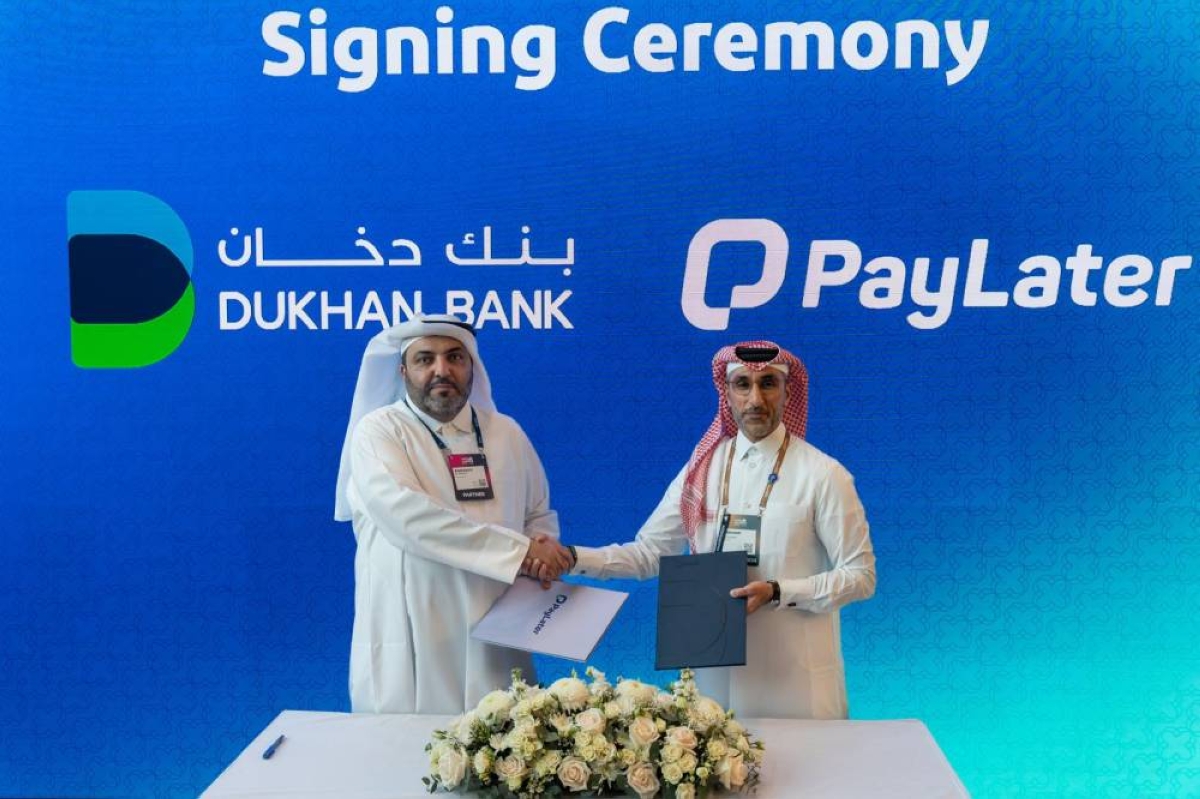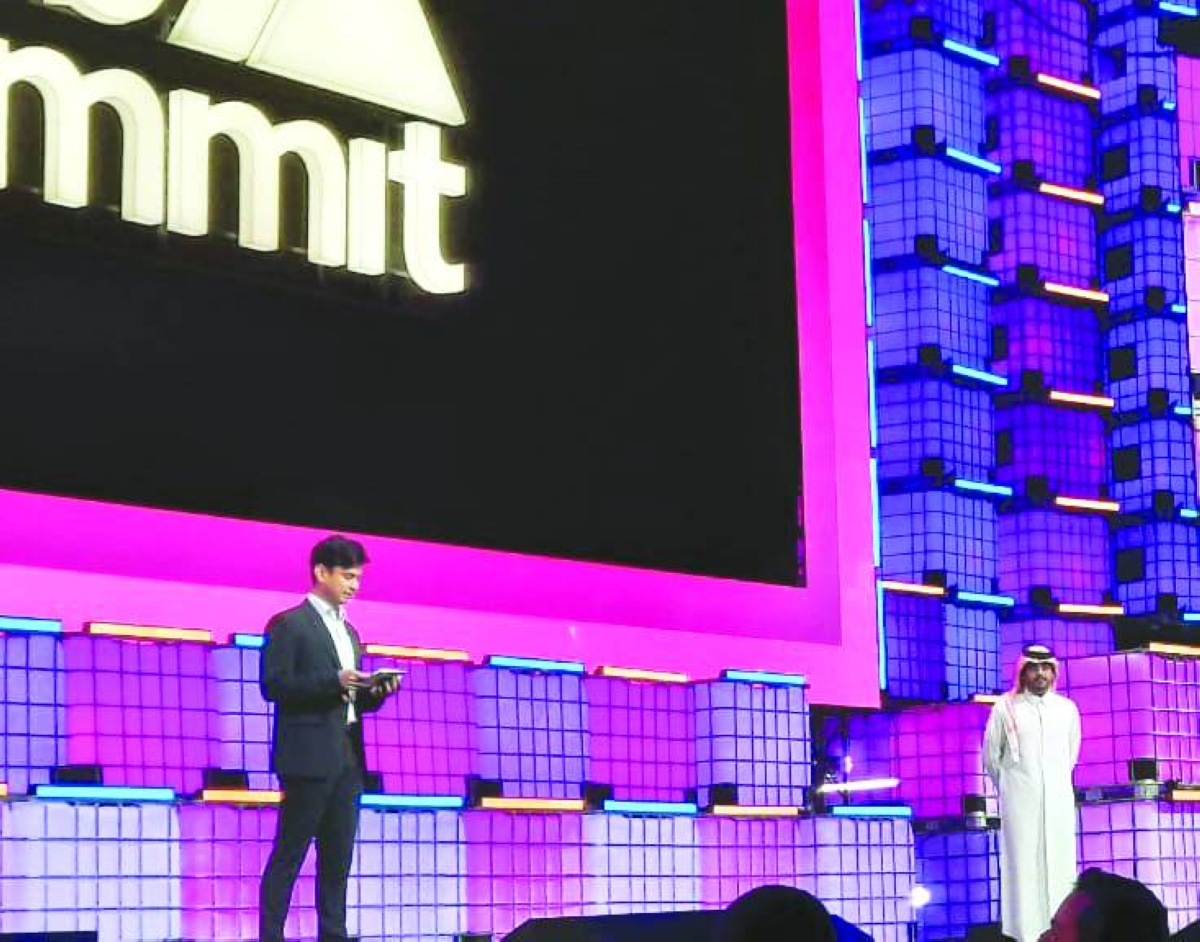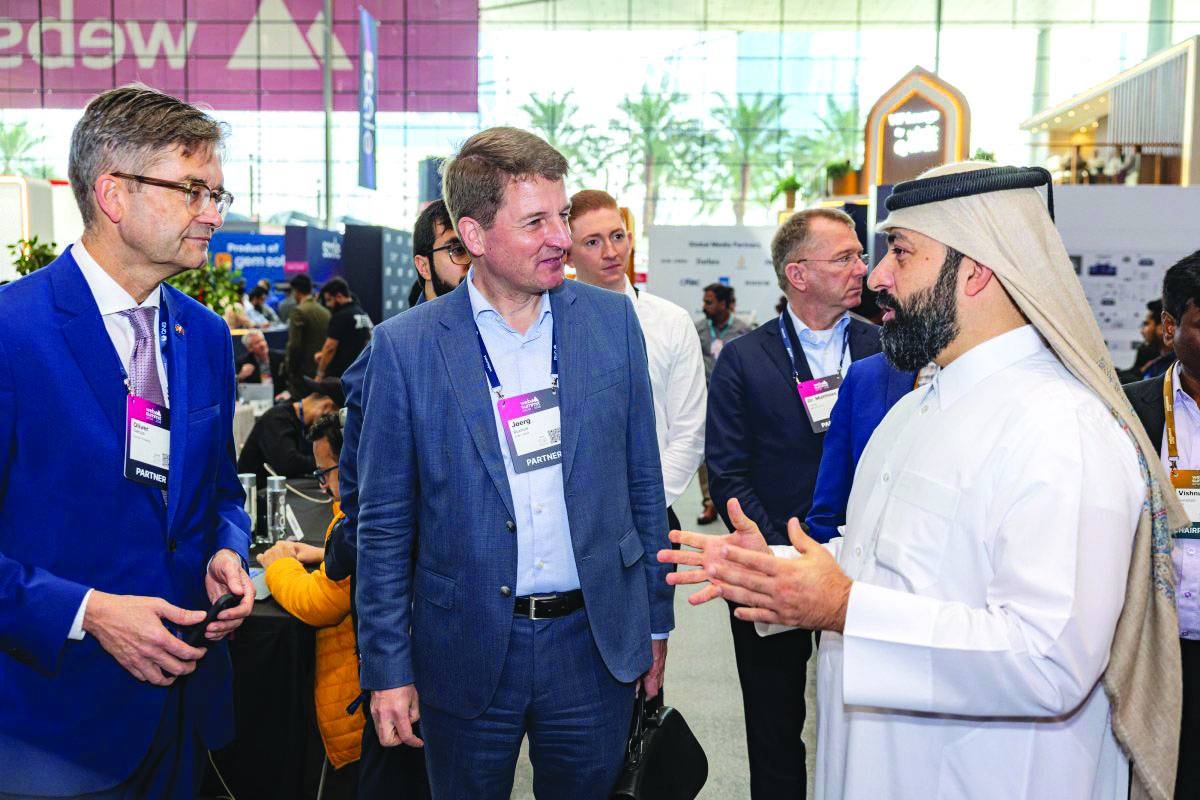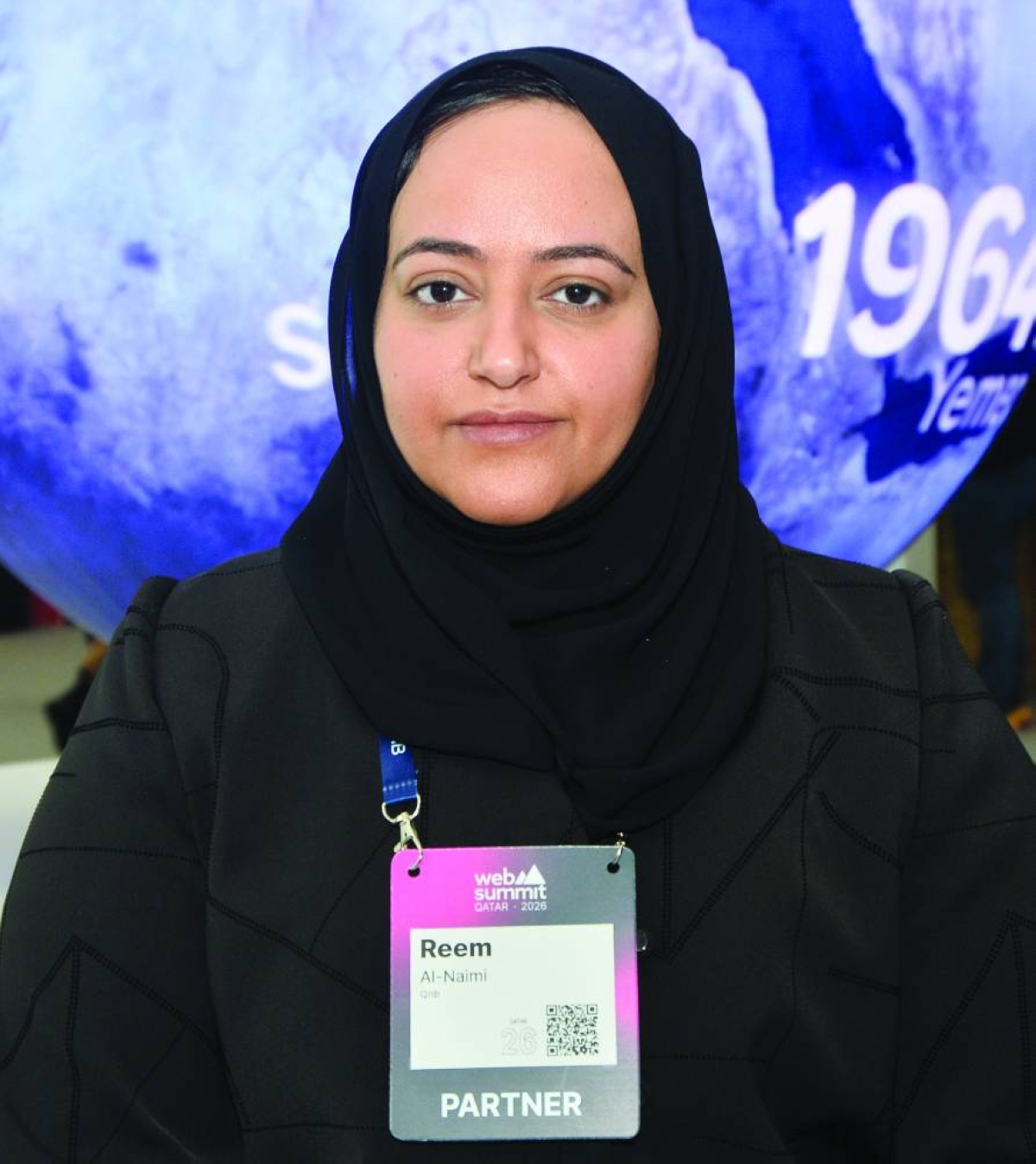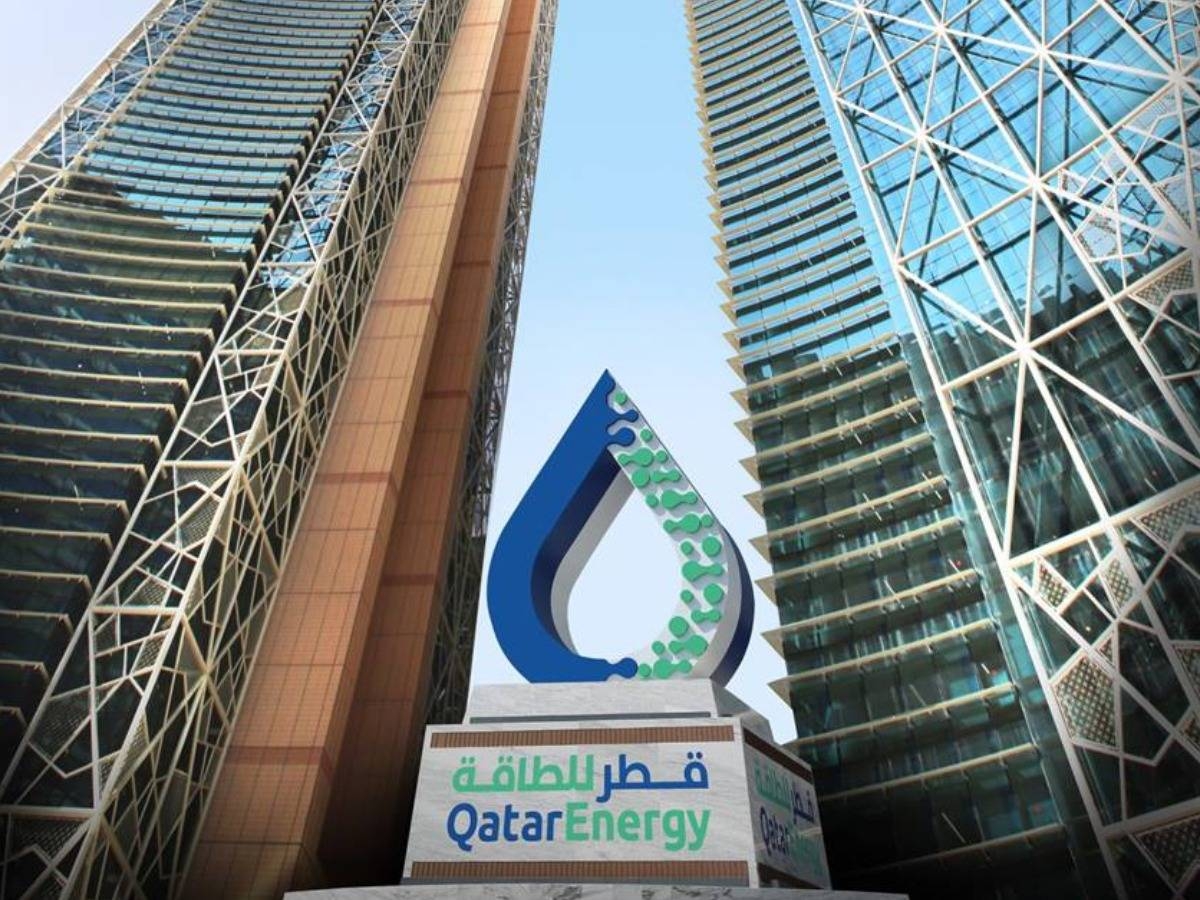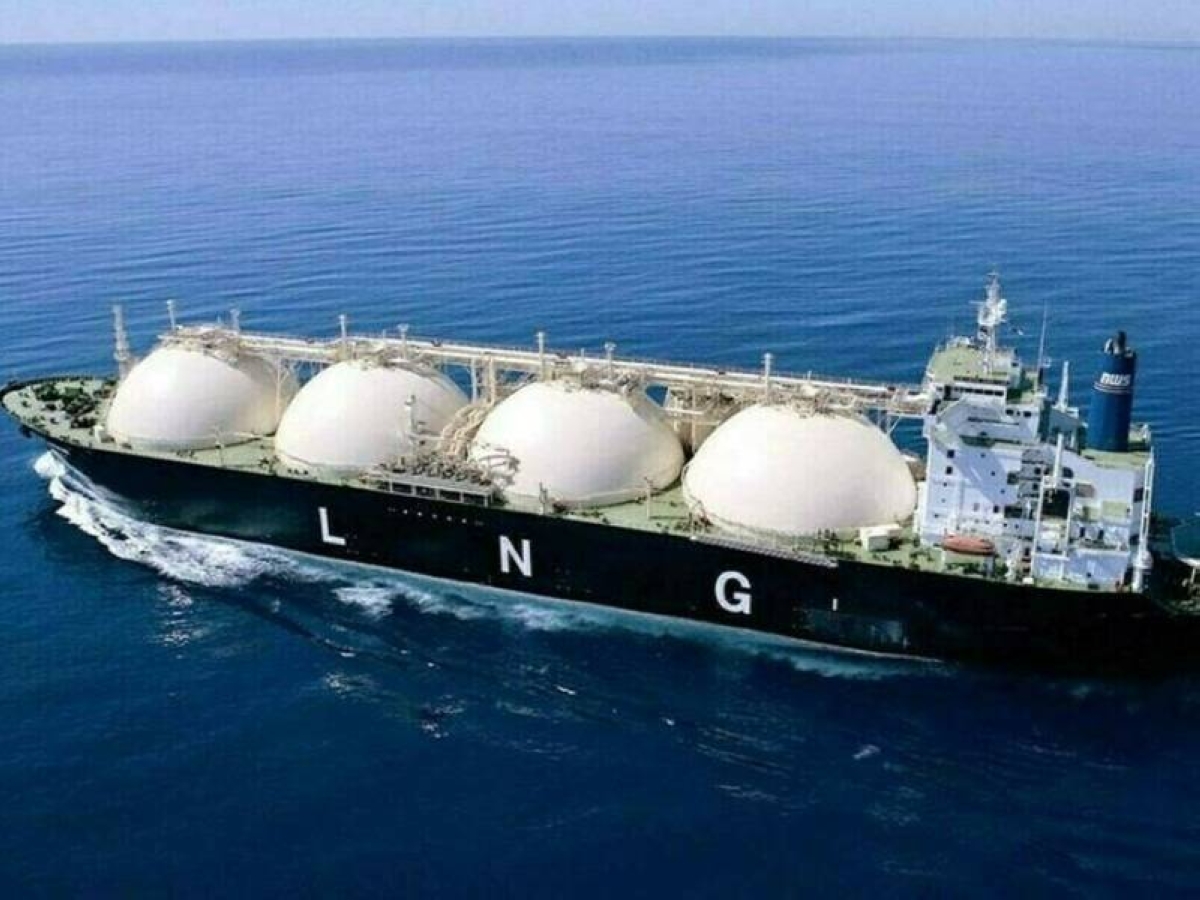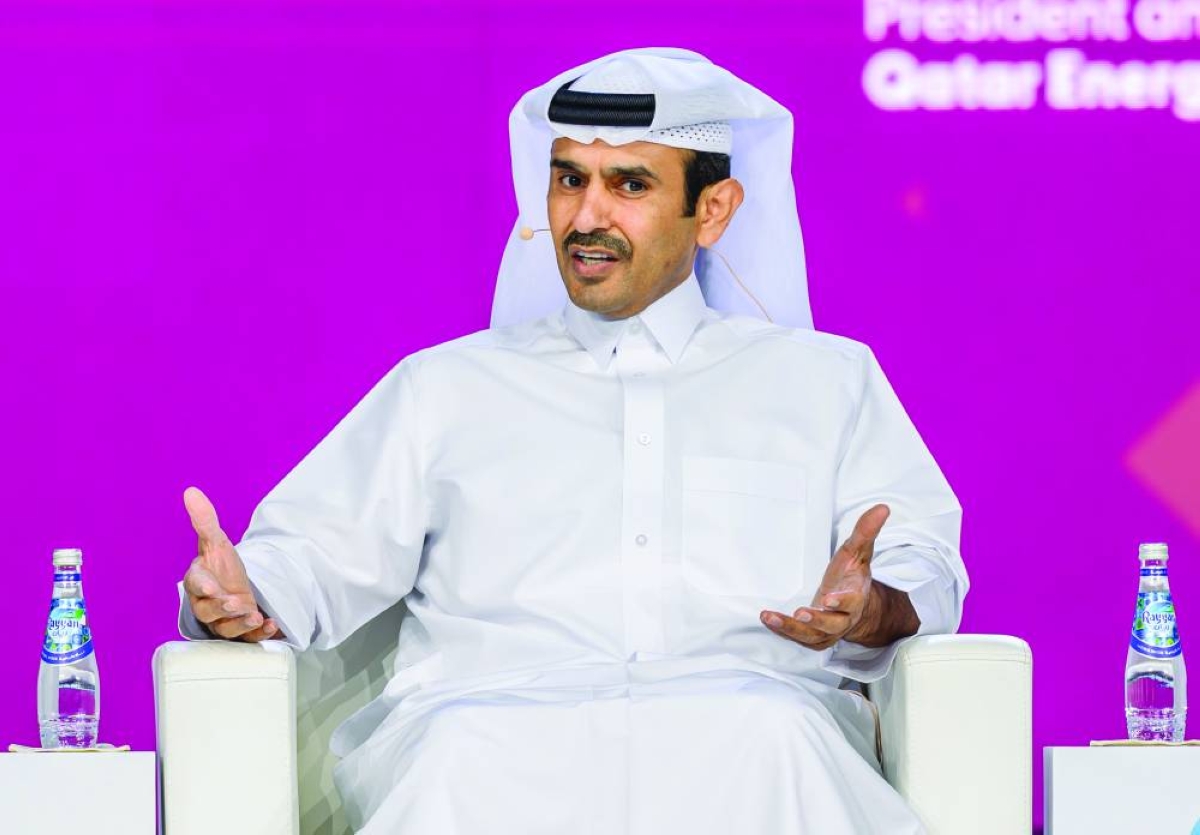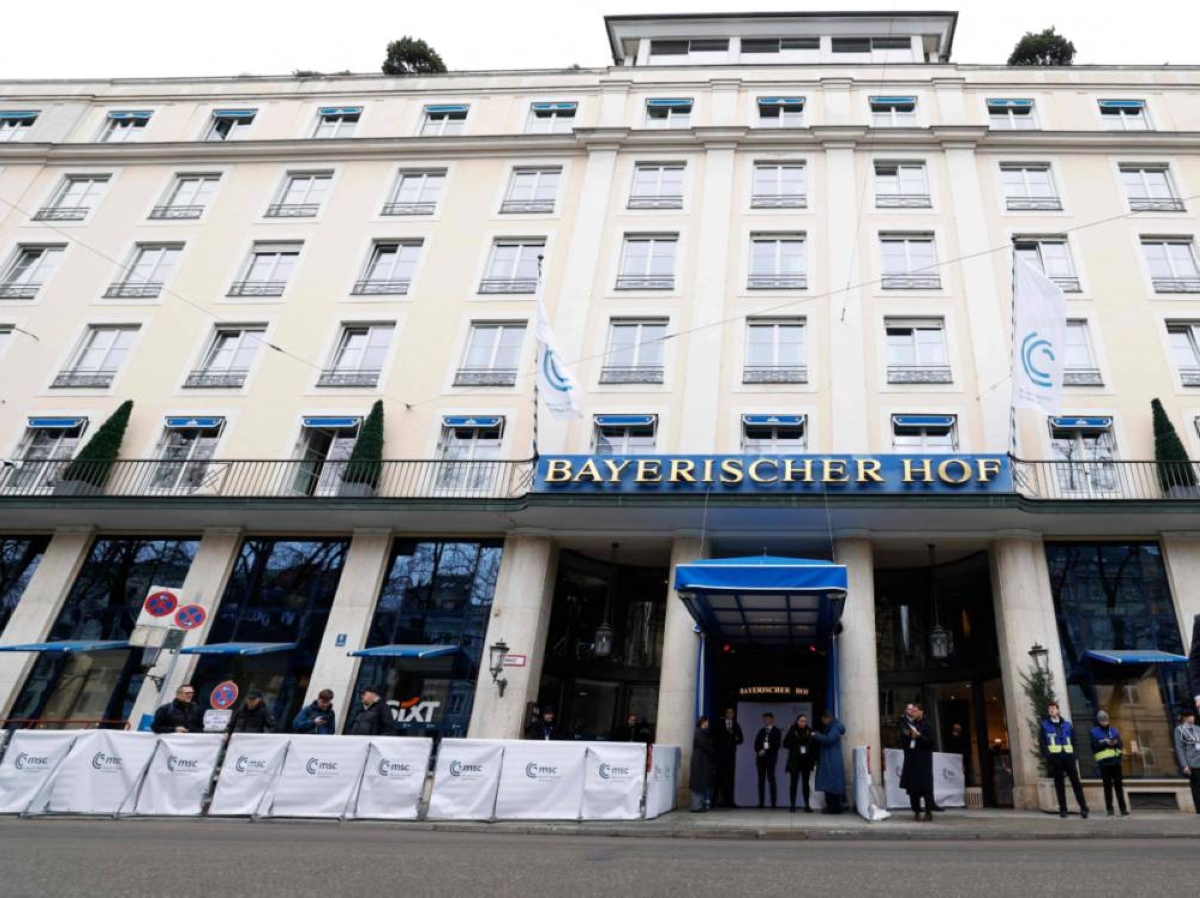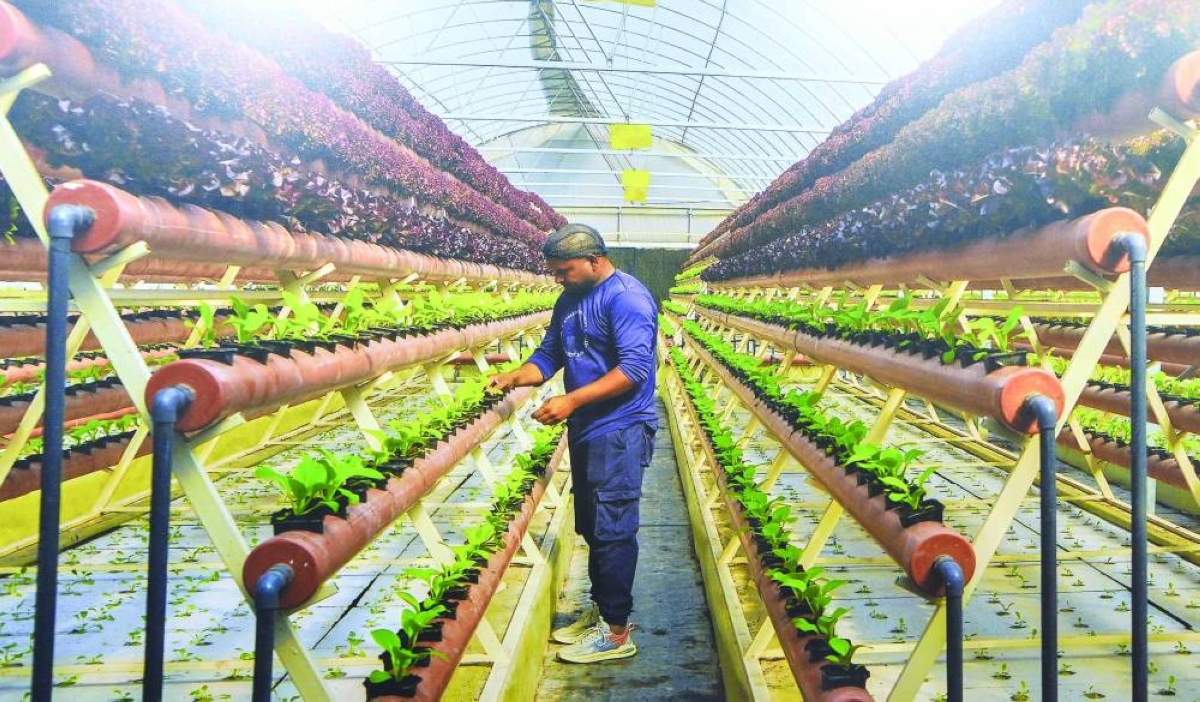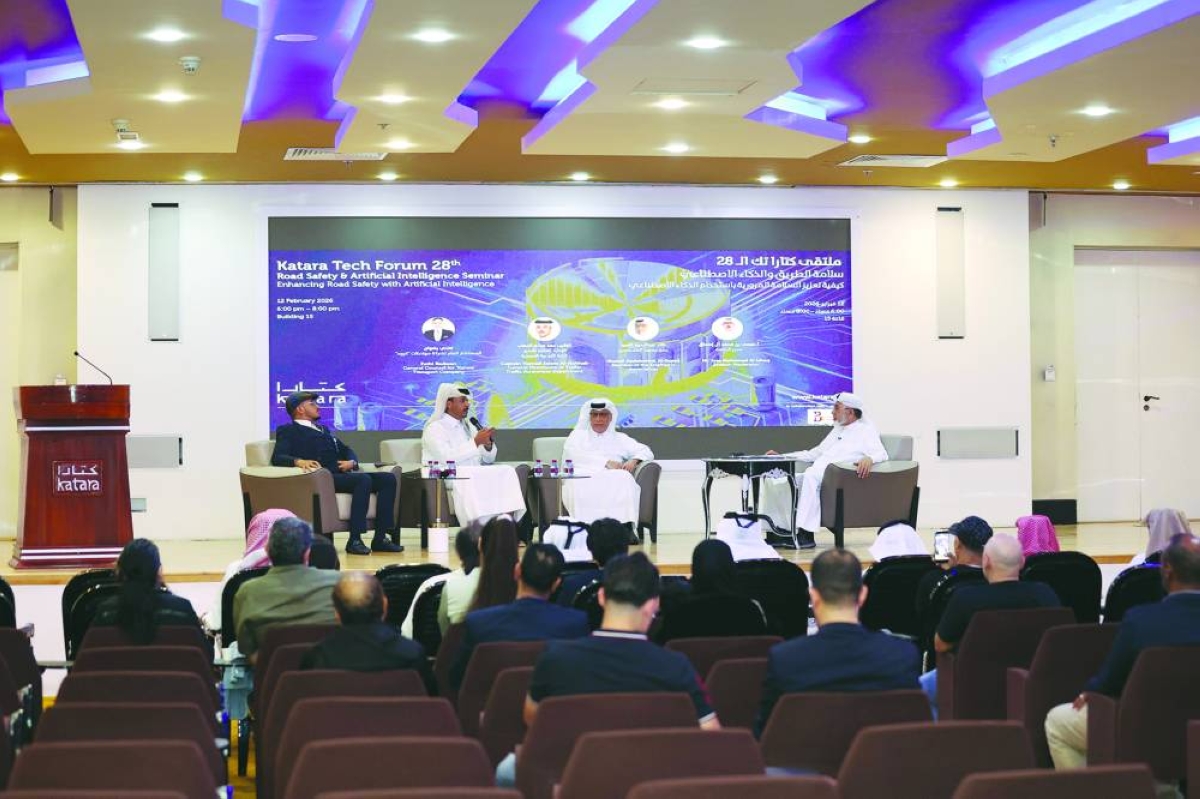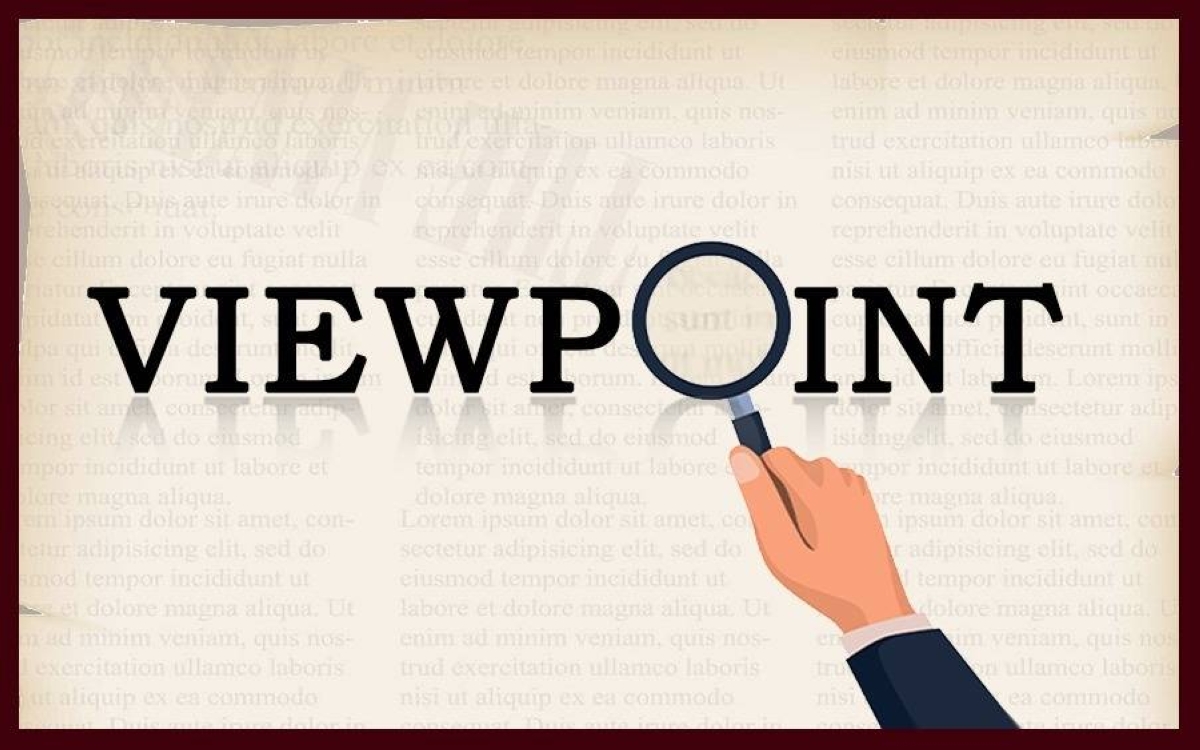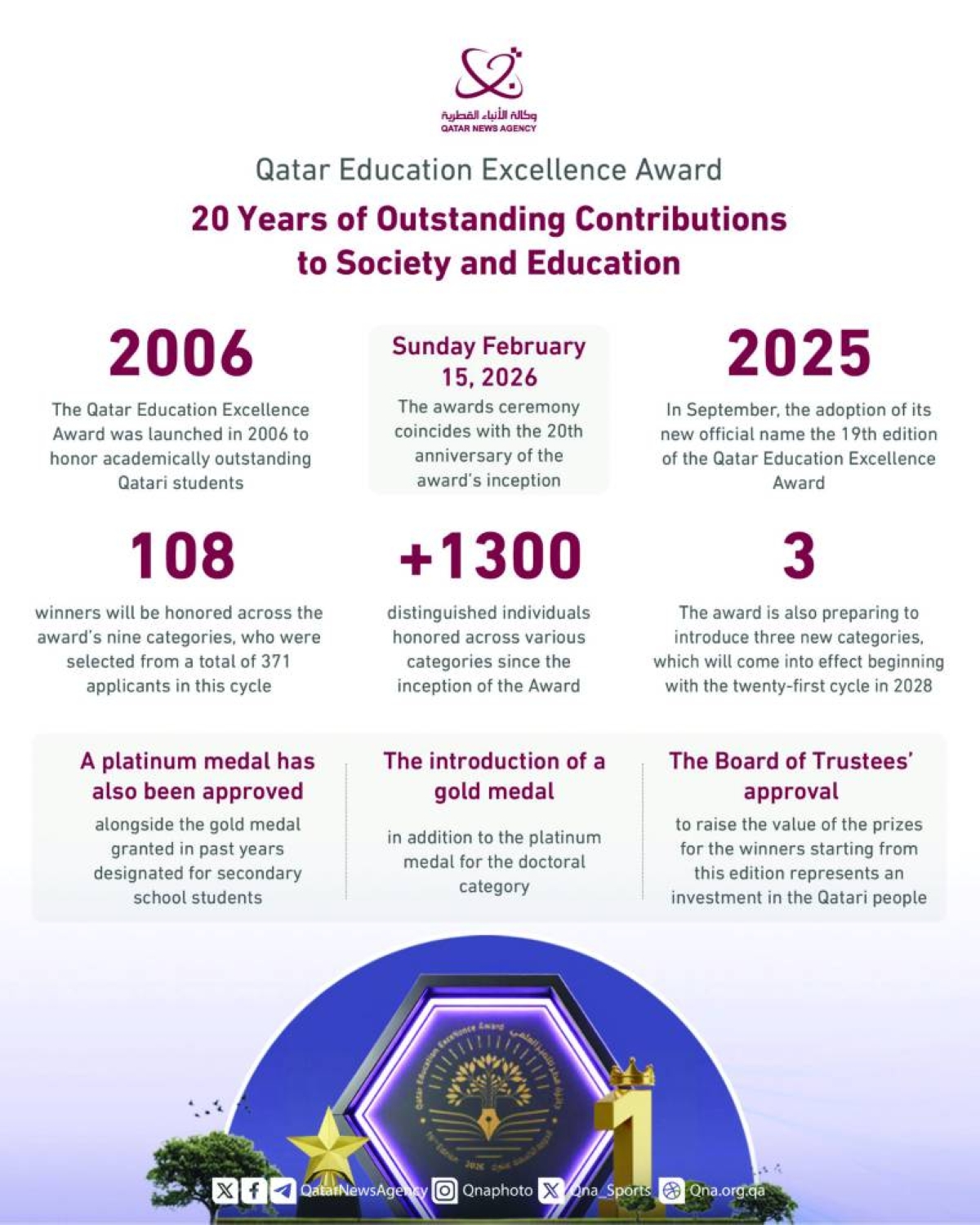QSE gains on across the board buying; M-cap adds QR6.75bn The bullish momentum in the Qatar Stock Exchange (QSE) continued for the second week in straight with its key index gaining more than 160 points and capitalisation adding about QR7bn.Notwithstanding the persistent apprehensions and geopolitical tensions over the US-Iran stand, the 20-stock Qatar Index rose 1.41% this week which saw the market heavyweight Industries Qatar (IQ) report net profit of QR4.3bn in 2025.An across the board buying lifted the sentiments in the main market this week which saw the International Monetary Fund forecast a 4% medium term growth for Qatar.The consumer goods, transport and real estate counters witnessed higher than average demand in the main bourse this week which saw the Qatar Investment Authority and Franklin Templeton launch Franklin Templeton Qatar Equity Fund with an initial size of $200mn to enable investors to access the returns available from equities listed on the QSE.About 82% of the traded constituents extended gains to investors in the main market this week which saw Cushman and Wakefield Qatar forecast Doha's retail sector performance to remain strong into 2026, driven by higher tourist arrivals and sustained demand for prime retail destinations.The consumer goods, industrials and banking sectors accounted for more than 74% of the trading volumes in the main market this week which saw Nebras Energy report net profit of QR1.36bn in 2025.The Islamic index was seen outperforming the other indices of the main market this week, which saw a total of 2,319 AlRayan Bank-sponsored exchange traded fund QATR worth QR5,468mn trade across 11 deals.Market capitalisation added QR6.75bn or 0.99% to QR686.55n on the back of large and midcap segments this week which saw a total of 2,261 Doha Bank-sponsored exchange traded fund QETF worth QR0.03mn trade across four transactions.Trade turnover and volumes were on the rise in the main and venture markets this week which saw no trading of sovereign bonds and treasury bills.The Total Return Index rose 1.5%, the All Share Index by 1.33% and the All Islamic Index by 1.77% this week which saw Nakilat outline the construction of gas carriers at various shipyards in South Korea and China, bringing the total number of vessels to be built to 40 ships of varying sizes, with the first vessel scheduled for delivery by the end of 2026.The consumer goods and services sector index shot up 3.04%, transport (2.71%), realty (1.91%), telecom (1.36%), banks and financial services (1.27%), insurance (0.58%) and industrials (0.34%) this week which saw the successful listing of Qatar’s first Green sukuk, issued by AlRayan Bank.Of the 54 stocks, as many as 44 gained, while only nine declined and one was unchanged this week which saw the QSE strengthen efforts to support the listing of innovative financial instruments as part of strategies towards cementing Qatar’s position as an advanced regional hub for capital markets, Islamic finance, and sustainable investment.Major movers in the main market include Widam Food, Qatar Cinema and Film Distribution, Salam International Investment, Mannai Corporation, United Development Company, Qatar Islamic Bank, Commercial Bank, Doha Bank, QIIB, Dukhan Bank, Qatar German Medical Devices, Woqod, Mesaieed Petrochemical Holding, Gulf International Services, Qamco, Mazaya Qatar, Vodafone Qatar, Ooredoo, Milaha and Gulf Warehousing this week which saw Moody’s say Qatar's banking sector remains "stable" due to expectations of higher economic growth in 2026 as well as strong capital and liquidity buffers.Nevertheless, Mosanada Facilities Management Services, QLM, Qatar General Insurance and Reinsurance, IQ and Doha Insurance were among the losers in the main bourse this week which saw Fitch find Islamic banks in Qatar to maintain sound financial metrics this year, supported by stable operating conditions, continued solid financing growth, resilient profitability and robust asset quality despite risks.The main bourse saw 21% jump in trade volumes to 704.5mn shares, 22% in value to QR2.29bn and 10% in deals to 134,260 this week.In the venture market, trade volumes grew almost 16-fold 1.59mn equities and value also by almost 16-fold to QR3.32mn on about 18-fold increase in transactions to 442 this week.

Santhosh V. Perumal
Santhosh V. Perumal, a postgraduate in Econometrics with an advance qualification in Capital Markets and Financial Services, is Gulf Times' journalist. His coverage areas are debt and equity, hydrocarbons, international trade, environment, banks, insurance and real estate. Previously, he was in New Delhi, India as Senior Finance Correspondent of PTI.
Most Read Stories

